University of Washington
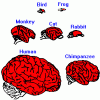
Jump to It!
Source Institutions
This is a quick and simple demonstration about reflexes (second activity on the page).
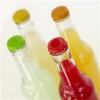
Tasty Visions
Source Institutions
In this activity (5th activity on the page), learners explore how what you see influences taste. In experiment 1, learners taste five sodas, one of which is clear soda with orange food coloring.

Sock It To Me!
Source Institutions
In this activity (7th activity on the page), learners use their sense of touch to identify mystery objects hidden in socks.
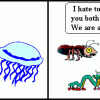
The Senses of "Unknown Creatures"
Source Institutions
In this activity, learners use earthworms as "unknown creatures" from the South American jungle to find out how animals use senses.
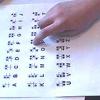
The Braille Alphabet
Source Institutions
In this activity (8th activity on the page) about the sense of touch, learners make their own set of Braille letters. Learners use glue to make raised dots on a Braille Alphabet Sheet.
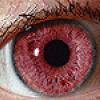
Pupil to Pupil
Source Institutions
In this quick and simple activity about reflexes (at the top of the webpage), learners conduct a simple test to explore pupillary response.

Sand Paper Rankings
Source Institutions
In this activity (2nd activity on the page), learners explore the sensitivity of their sense of touch.
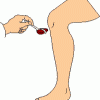
Knee Jerk Reflex (Patellar Reflex)
Source Institutions
In this quick and simple activity about reflexes (third activity on the page), learners conduct a simple test to explore the knee jerk reflex, typically conducted at the doctor's office.
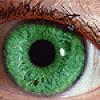
Our Sense of Sight: Eye Anatomy and Function
Source Institutions
In this activity, learners investigate the sense of sight and develop and conduct their own experiments.
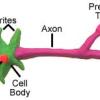
The Model Neuron
Source Institutions
In this activity, learners create a model of a neuron by using colored clay or play dough. Learners use diagrams to build the model and then label the parts on a piece of paper.
